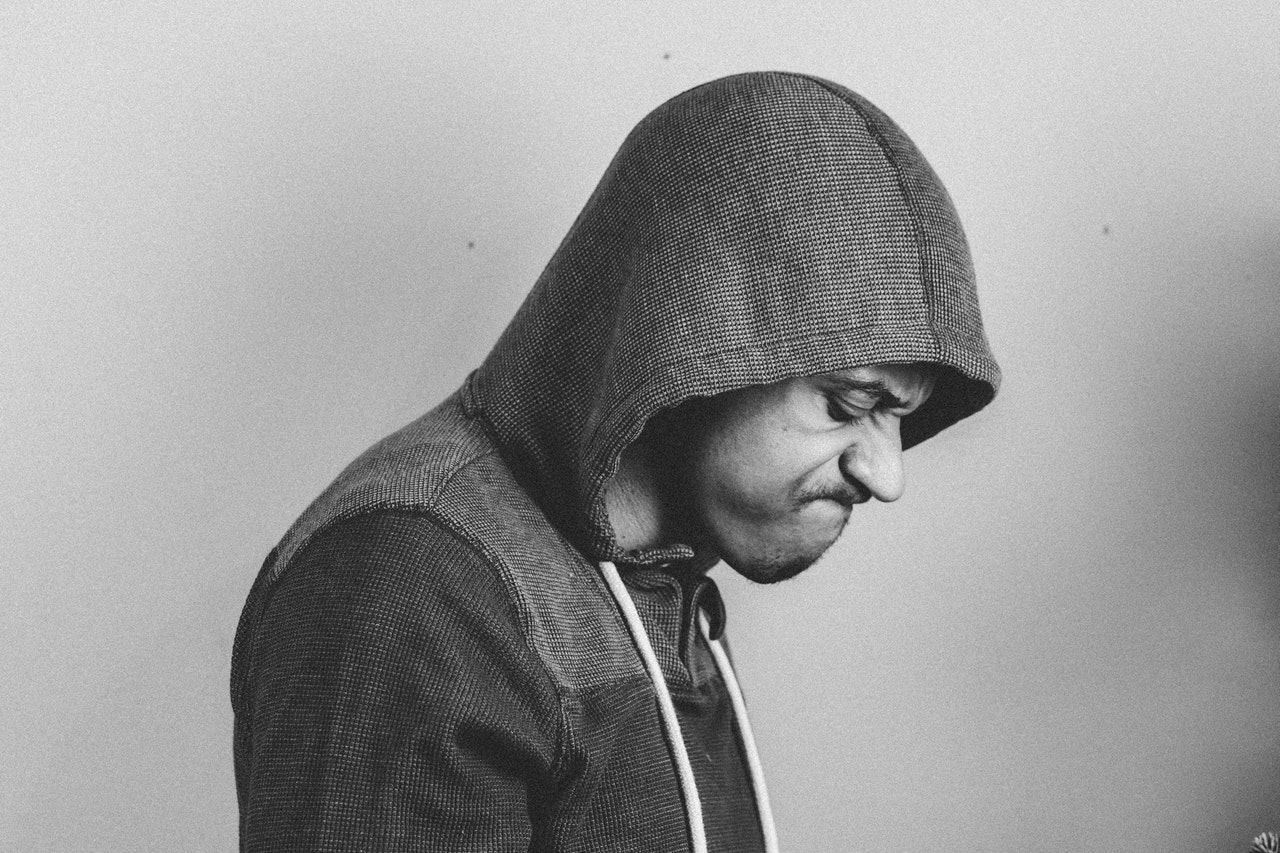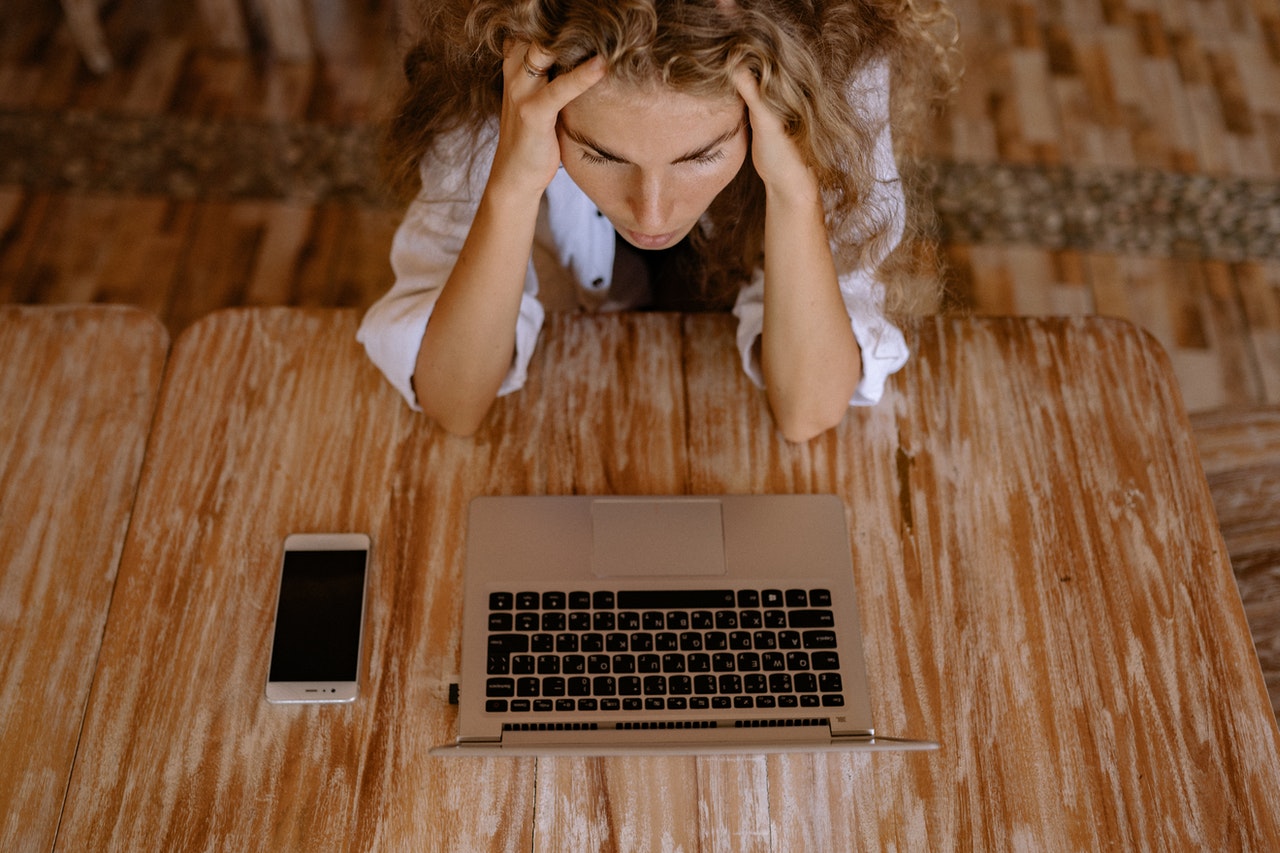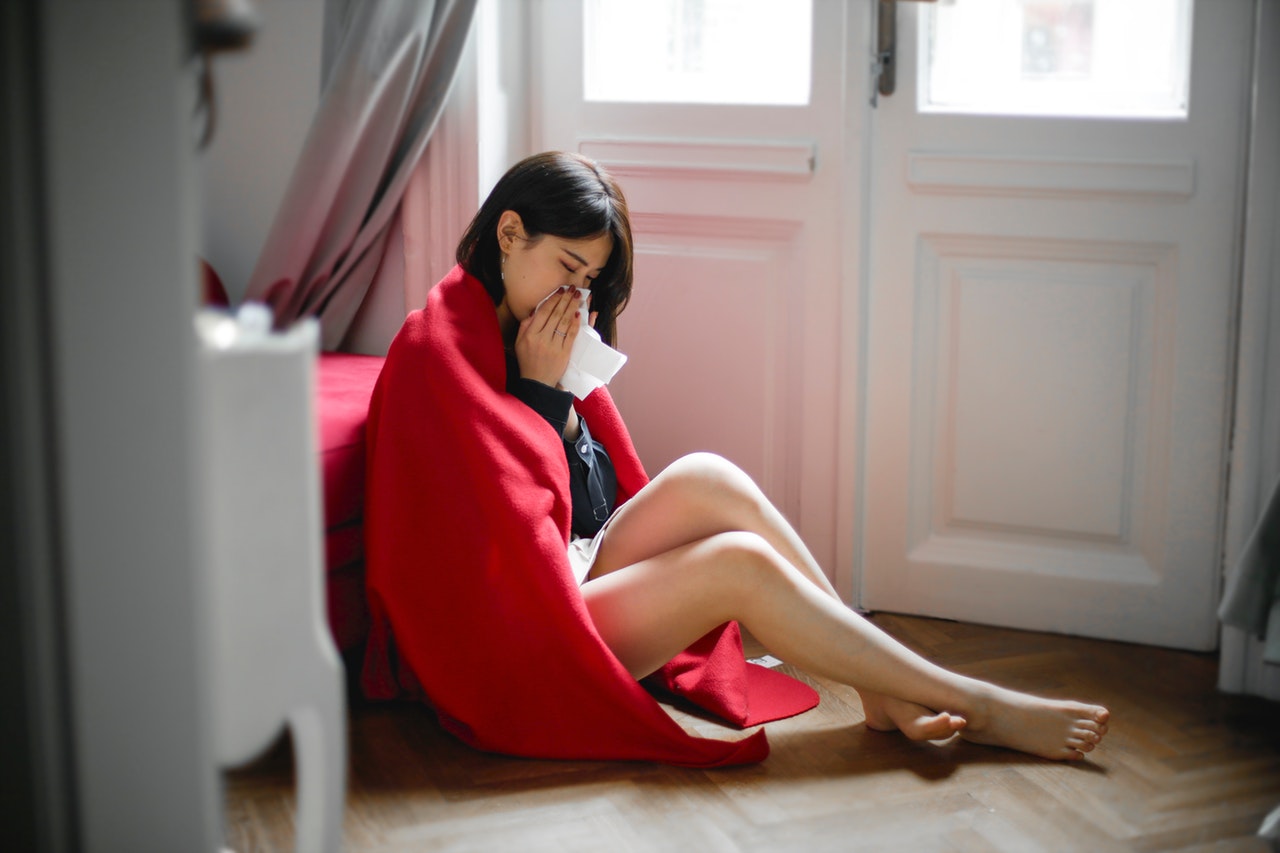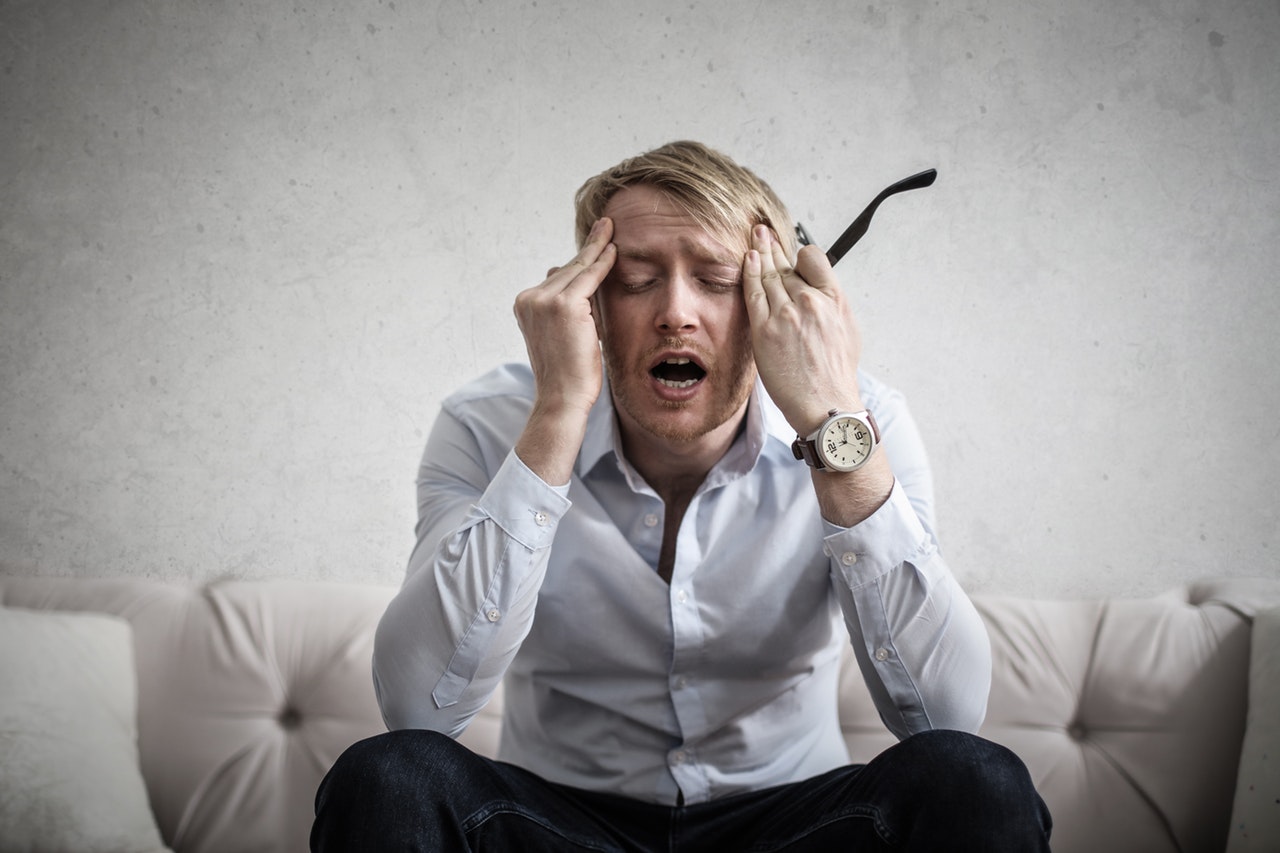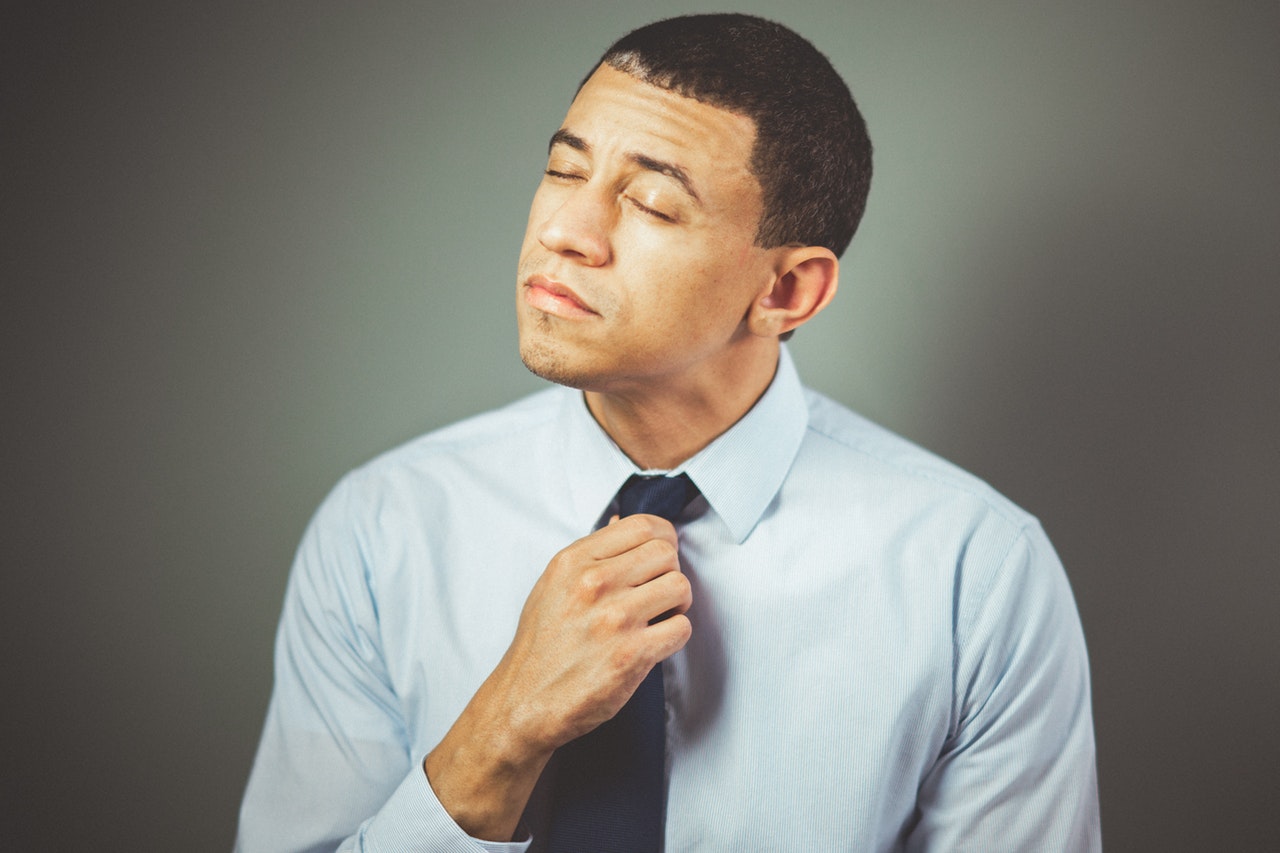
How Your Lack of Sleep Might Be Causing Anxiety
By: Jessica Taylor, LPC Are you worried that you might not be getting enough sleep? Well, you are not alone. According to the American Sleep Association, 37% of individuals aged 20-39 and 40% of individuals aged 40-59 report short sleep duration, or in other words, sleep deprivation. We always hear how important sleep is, but why is that? Simply put, when we are in a deep (REM) sleep, this is our brain’s chance to go through the “washing machine.” It is processing everything that happened that day while also preparing our body for the next day. If we are not getting enough sleep, then we are not providing out body and brain the time they need to do things like balance our immune system and store memories. More simply put, if we are not getting enough sleep, we are more at risk for developing mental illness such as anxiety. What is Sleep Anxiety? A lack of sleep can cause general anxiety (for example, feeling more worried or restless throughout the day), but some individuals, often those that have been dealing with chronic sleep issues, experience what is called sleep anxiety. Sleep anxiety is when you are so anxious about not sleeping, which results in restlessness and intrusive thoughts, and this actually contributes to your lack of sleep. For example, if you have sleep anxiety, you might begin to feel restless or worried when it is getting close to bed time and then you might have thoughts such as “I’m scared to go to bed because I know I’m not going to sleep and am just going to lay awake worrying.” How to Deal with Sleep Anxiety You first need to do something called reality testing your anxious thoughts. Ask yourself: “if I don’t get enough sleep tonight, or don’t sleep at all, how bad is that really?” Chances are, that worse case scenario is just feeling really tired the next day. Right now, your brain is catastrophizing the idea of not getting sleep. If you change that process and instead buy into a more realistic thought, chances are that your brain will begin to calm down enough and let you feel sleepy. Come up with a mantra for yourself that you can repeat as needed. For example: “It’s okay if I struggle to sleep tonight and feel tired tomorrow.” How to Improve Your Sleep Hygiene and Reduce Anxiety Here are some quick and easy things you can try to improve your sleep: Don’t spend time in your bed during the day Put your phone away at least one hour before bed Take a warm shower or bath at night Have a bedtime routine that you do every night like clockwork Don’t eat for a few hours before bed Go to bed at the same time every night Listen to a guided meditation or sleep story while in bed What To Do if You Have Already Tried all of These Things and None of Them Helped If you feel as though you have tried the things that I recommended above and none of them helped improve your sleep, remember that consistency is key. These strategies may not help right away, or every time, but chances are that you will see some improvement in the quantity and quality of your sleep if you use them consistently. In addition, it might be helpful to talk to your doctor in order to rule out any medical explanations and discuss other treatment options.

